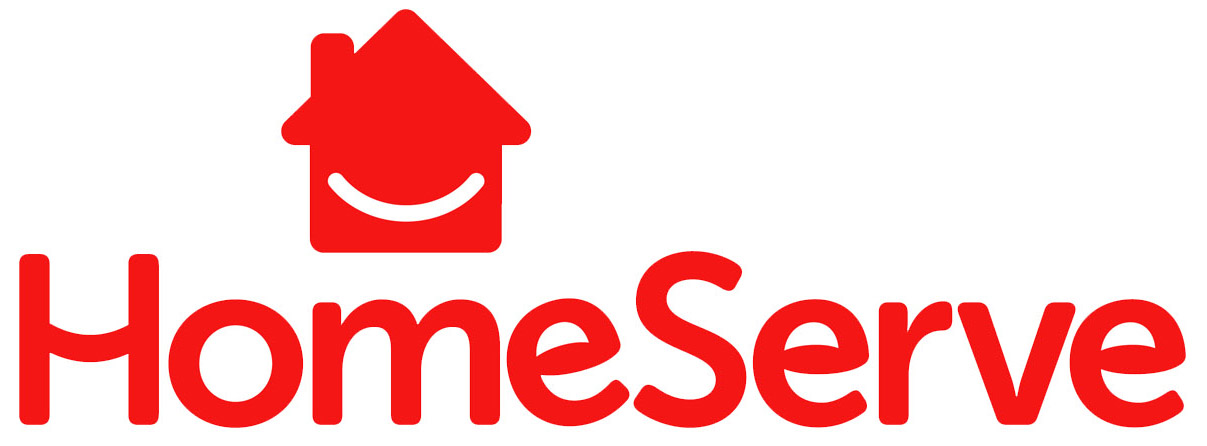In fact, drought has impacted more people globally over the past 40 years than any other type of natural disaster, and it is the second most costly natural disaster in the United States, resulting in crop losses, wildfires and water shortages. Scientists have opined that the drought impacting parts of the western United States may be the region’s worst in 1,200 years, impacting 70 million people.
Droughts have many long-term impacts that negatively effect public health, many of which involve water quality and water shortages. Drought-related wildfires can send ash, charcoal and debris into water sources, decreasing water quality and killing aquatic life, as well as forcing water systems to add more chemicals to treat the water. Droughts reduce stream and river flows, increasing the concentration of pollutants, viruses and bacteria. Drought can also affect air quality, wildlife and flora and increase the likelihood of surface runoff and the contamination of food crops.
Drought can reduce the size of water resources, possibly causing stagnation and algae blooms and providing breeding grounds for the mosquitos responsible for the West Nile virus. Additionally, during droughts, people may collect water for outdoor uses, such as watering gardens, in rain barrels, which can be mosquito habitats, if not installed properly with a screen.
Drought can be worsened by increased demand on supplies because of population increases and agricultural use. Additionally, when water sources dwindle, there is increased demand on pumping water from aquifers, which can take years to replenish and pull contaminants down into the aquifers. A study showed an increase of water consumption over fifty years increased North American drought frequency by 25 percent.
In a drought, many water systems will implement conservation methods, which may be either voluntary or mandatory, but it can also cause unintended public health complications. Especially during this pandemic, it is important to have water available for personal hygiene, handwashing and washing fruits and vegetables. Handwashing can help prevent respiratory and gastrointestinal illnesses.
Water conservation and good hygiene can both be achieved with low-flow aerators and showerheads. Furthermore, encouraging the purchase and installation of water-efficient fixtures and appliances and xeriscaping can have a big impact – it’s estimated that these measures can reduce water use by up to 60 percent in California.
Retrofit on resale codes require those either selling or buying older homes with water-gobbling fixtures to install new, water-conserving fixtures. Popular in water-stressed California, these ordinances require fixtures to meet a set standard or be replaced – and homes are inspected to be sure the requirements are met.
California has also been experimenting with reclaimed or recycled water, which is treated wastewater. Polls show that 49 percent of Americans are willing to reuse water, and that figure increases for those who are educated about the treatment process.
Recycled grey water can be used for irrigation, cooling processes, recharging ground water, in homes for flushing toilets, and even, when processed to EPA standards, as potable water. Some utilities, such as the Orange County Water District, have replicated grey water recycling across an entire water system.
Another area of innovation is the harvesting of storm water for irrigation, by capturing and storing storm water that would otherwise flow into a municipality’s grey water system. In addition, harvesting rainwater with cisterns for non-potable purposes is as old as civilization itself.
Municipal officials can encourage water recovery by establishing quality standards and guidelines for recycled water and ensuring that current codes, particularly plumbing codes, do not prevent water recycling or place an onerous burden on those trying to build or retrofit homes to recycle water.
Aging water infrastructure also exacerbates drought conditions, as water is lost to crumbling infrastructure before it even reaches the meter. In fact, 2.1 trillion gallons of treated water are lost in the U.S. each year. Water systems throughout the country are struggling with maintenance and upgrades because the money – and often the political will to increase water rates – often isn’t there. In fact, the federal government’s share of water infrastructure investments has fallen from 63 percent of total capital spending to less than 10 percent over the past forty years.
Water isn’t only wasted on the utilities’ side – a leaky faucet in a home can waste up to 100 gallons a year. On the private side, leaky faucets, interior plumbing and water service lines are wasting uncounted gallons of treated water during drought conditions. However, this is part of the water system to which utilities don’t have access.
The NLC Service Line Warranty Program can help your residents proactively address any plumbing problems in their homes that could be a drain on your water system. With our optional emergency home repair warranties shielding them from the financial shock of an unexpected repair, your residents won’t let a leak linger. We also provide thoroughly vetted, licensed and insured contractors and a 24/7/365, multi-lingual contact center.
To find out how we can help you stop water waste, contact us.

